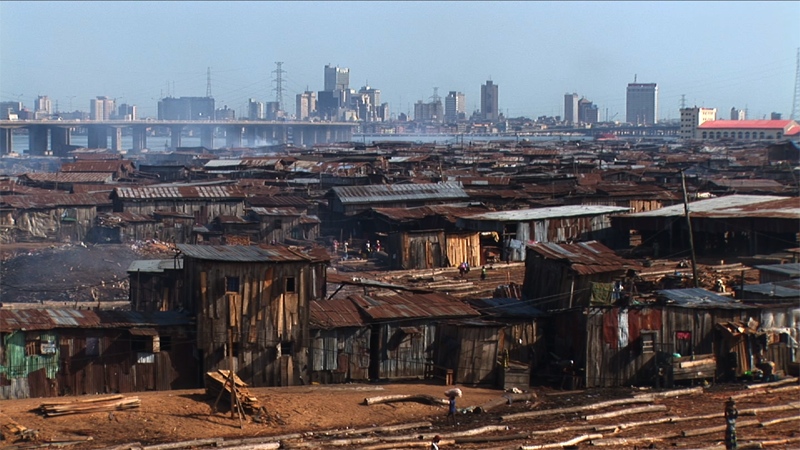Nigerian architect Kunle Adeyemi is re-imagining African’s water slums as floating islands
Nearly 70% of Africa’s capital cities—like Lagos, Luanda and Kinshasa—are near water, with many urban dwellers living in bungalows, wooden structures and shacks on water. But rising sea levels, increasing rainfall and climate change threaten many of these structures, leaving water slum residents vulnerable to flooding.
An innovative new form of architecture, argues Adeyemi, could revolutionize these communities, and make them less vulnerable to the elements.
“What if we begin to think of a new form of urbanism which has areas for high-rise and low-rise buildings, and as you move away from the coast, you create recreational facilities, swimming pools, parks, housing, agriculture and all kinds of things that would essentially produce a new form of architecture, and living on water,” said Adeyemi, speaking at the Quartz Africa Innovators’ Summit in Nairobi on Tuesday (Sept. 14)
Two years ago, Adeyemi developed a floating school in Makoko, a water slum home to over 100, 000 people in Lagos, Africa’s second largest city. The A-frame structure—made out of recycled plastic barrels, wood and bamboo—is solar-powered, naturally ventilated and can store and drain water. Its triangular shape also means that it is best suited for flotation on water, as it has a low centre of gravity—helping the structure remain stable during winds.
The Policy Gap and Land Tenure
Adeyemi’s idea may help unlock another frontier for the residents of Makoko: securing land tenure—the legal right to own, occupy and use land.
But in a research paper on slum upgrading and land tenure, Paul Syagga, a professor of land economics at the University of Nairobi,argues that (pdf, pg. 6) obtaining land tenure could encourage slum dwellers to upgrade their dwellings to meet regulation, and protect them against harassment and forced evictions.
